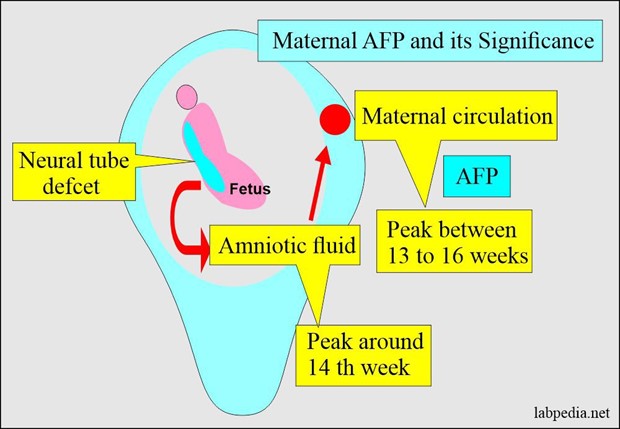A nurse is collecting data from a client who is 14 hr postpartum.
The nurse notes: breasts soft; fundus firm, slightly deviated to the right; moderate lochia rubra; temperature 37.7° C (100° F); pulse rate 88/min; respiratory rate 18/min.
Which of the following actions should the nurse perform?
Report the client's temperature elevation.
Encourage the client to nurse more frequently so her milk will come in.
Ask the client to empty her bladder.
Increase IV fluids.
The Correct Answer is C
A full bladder can displace the uterus and cause it to deviate to one side.
Choice A is not correct because a temperature of 37.7° C (100° F) is within the normal range for a postpartum client.
Choice B is not correct because the client’s milk production is not related to the findings noted by the nurse.
Choice D is not correct because there is no indication that the client needs an increase in IV fluids.
Nursing Test Bank
Naxlex Comprehensive Predictor Exams
Related Questions
Correct Answer is C
Explanation
Elevated levels of MSAFP may indicate that the baby is at risk of a neural tube defect, like spina bifida.
However, further testing is required to confirm the results and determine the cause of the elevated levels.

Choice A is incorrect because low levels of MSAFP may indicate a risk for Down syndrome, not elevated levels.
Choice B is incorrect because while elevated levels of MSAFP may indicate a risk for neural tube defects, further testing is required to confirm this.
Choice D is incorrect because while repeating the test may be necessary, further testing beyond just repeating the MSAFP screening may also be required.
Correct Answer is B
Explanation
Blood volume increases significantly within the first few weeks of gestation and increases progressively throughout the pregnancy.
The total blood volume increase varies from 20% to 100% above prepregnancy levels, usually close to 45%1.
Choice A is incorrect because the increase is usually close to 45%, not 20% to 25%.
Choice C is incorrect because the increase is usually close to 45%, not 50% to 55%.
Choice D is incorrect because the increase is usually close to 45%, not 30% to 35%.
Whether you are a student looking to ace your exams or a practicing nurse seeking to enhance your expertise , our nursing education contents will empower you with the confidence and competence to make a difference in the lives of patients and become a respected leader in the healthcare field.
Visit Naxlex, invest in your future and unlock endless possibilities with our unparalleled nursing education contents today
Report Wrong Answer on the Current Question
Do you disagree with the answer? If yes, what is your expected answer? Explain.
Kindly be descriptive with the issue you are facing.
